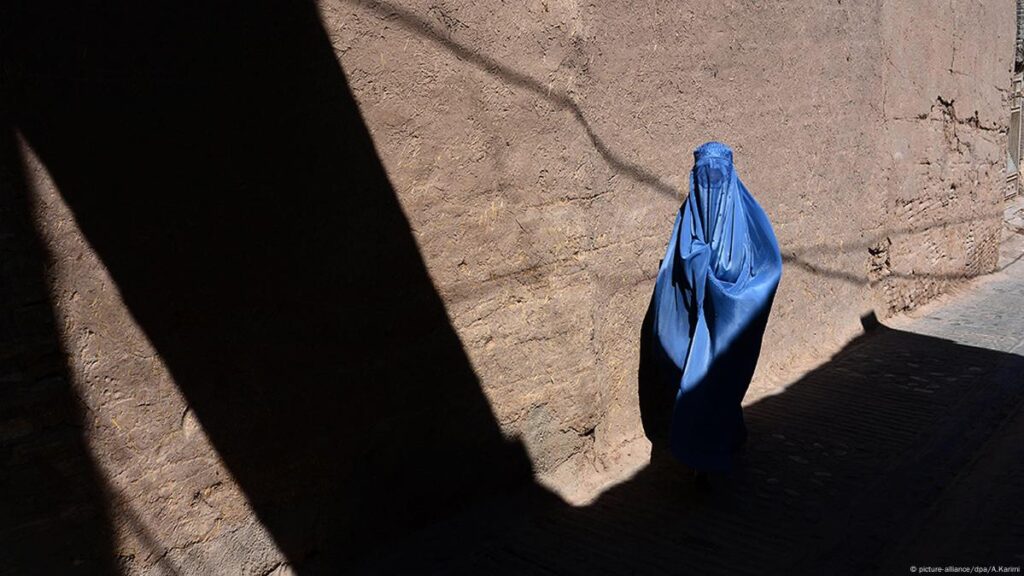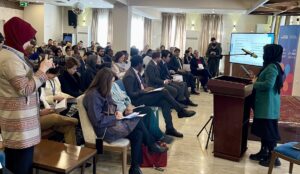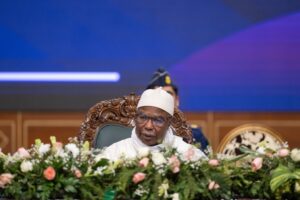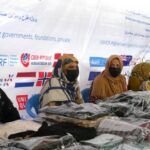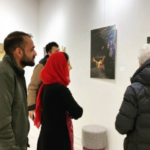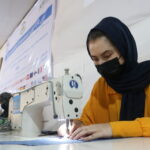Author: Sara Karimi
My name is Maryam. I am thirty-five years old, or maybe even older. To be honest, I don’t know exactly how old I am. My birth certificate has my birth year wrong, and I have never had the time to think about the numbers on that paper. What I do know is that my life ceased to be a life the day I turned fifteen.
At fifteen, I was married off. Not in a dazzling white dress, nor with a grand ceremony. It was just a simple night when my mother oiled my hair, draped a white scarf over my head, and said, “My daughter, may God give you strength; you are now a wife, and you will be happy.” I said nothing. My heart was full, but my tongue was tied. I was scared, but not of my husband; I was afraid of a future I did not know.
My husband was thirty-one years old. My father had said, “He is a hardworking man and believes in God; he doesn’t have a wife; his first wife died.” That night, there was only the sound of drums and circular instruments and the heavy gaze of female relatives whispering under their breath. The day after that night, I was no longer a girl.
My husband’s home was a cold and silent place. The walls were made of mud, and the carpets were old. My husband did not talk much. He would sleep without a word at night and leave for work early in the morning. I was left alone with my fears and unanswered questions.
A few months later, I found out I was pregnant. My body was still that of a child, but another child was growing inside me. Deep down, rather than feeling the joy of becoming a mother, I was terrified. My delivery was difficult. I gave birth at home with the help of a neighbor woman. My cries were swallowed by the walls. There was no doctor, no medicine, no one—just me and God.
When my newborn was placed in my arms, my heart trembled. This tiny being was mine, yet I felt a strange sensation—a feeling of being lost. I still didn’t know what I was doing or who I was meant to be, yet now I had to be a mother.
Years passed. I became pregnant one after another. I gave birth to six children. Each time I delivered, it felt like I left a part of myself behind. My body deteriorated, and so did my spirit. There were nights when I couldn’t sleep from pain, but in the morning, I had to wake up again, cook food, and gather the children.
At first, my husband worked as a construction laborer. Sometimes he would sweat in people’s gardens. But life became harder. One day he fell from the second floor of a building. From that day on, he was never the same man again.
It wasn’t that his injury was severe, but the blow to his head seemed to change his mind. He became more irritable day by day. Sometimes he would yell for no reason; sometimes he would pound his fists against the wall. The children were scared. So was I. Then gradually he became quiet. He would sit in a corner and just stare at one point.
Now it has been years since he has spoken or worked. Sometimes his lips move as if he is praying under his breath. Occasionally at night he has nightmares, wakes up screaming and crying like a child. I try to calm him down while I myself am shattered into a thousand pieces.
Who bears the household expenses? Me. But I have no skills. I have never been to school. I don’t know how to sew, do math, or read properly. The only thing I knew how to do was survive, and even that I did well. Now I collect stale bread. Sometimes I clean houses for people in exchange for a piece of bread or a few Afghanis.
My children… what can I say? Three of them do not go to school. Either we have no money or no shoes. My eldest, Ahmad, is ten years old. In the mornings, he goes out with a heart full of hope to collect garbage: metal, plastic bags, bottles—anything someone has thrown away. His hands are wounded, but he smiles when he finds even 20 Afghanis.
My daughter, Zainab, is eight years old. She has no doll. She wants to become a teacher, but I don’t know if I will even be alive by then! I’m always scared someone will come to ask for her hand in marriage, just like they did for me. Should I stop it? What can I do? How can I keep her safe? With her empty stomach? With her torn clothes?
Every night we go to bed with half-empty stomachs. Sometimes for dinner there is only stale bread and boiling water. If a neighbor shows mercy and gives us something, that day feels like a celebration. My children have learned not to ask for anything. They have learned silence.
My husband now often doesn’t know where he is. Sometimes he calls out his dead mother’s name; sometimes he addresses our youngest son as “father.” My heart aches for him—not because I loved him, but because he was once a person who suffered until his mind broke down. Now he seems like a corpse that breathes.
Who am I? A woman who did not experience childhood, nor youth, nor even motherhood properly. Just a burden on her own shoulders—always running but never reaching anywhere.
Sometimes at night when everyone is asleep, I sit in a corner and think—about the past, about the day when I played in the dirt in our yard, about when I wanted to become a painter. Now my hands are only filled with scars. I have no notebook or pen—just a heart.
I asked God to let me die. Several times. But then I remembered, if I die, what will happen to the children? Who will soak their dry bread? Who will touch their foreheads when they have a fever? I have to stay. For them. Even if I am no longer myself.
I am just alive. I have not lived. From the age of fifteen until today, I have only survived.

